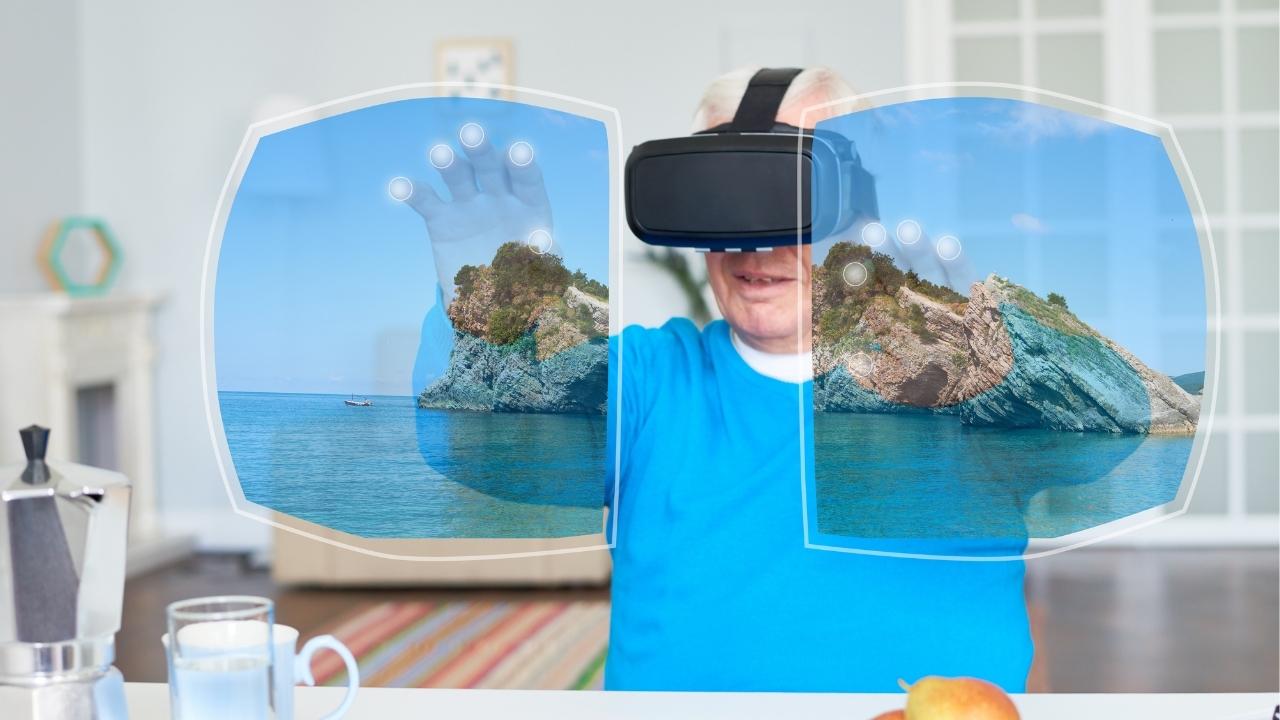Post-pandemic recovery of the tourism industry

The tourism industry is finally seeing its first glimmers of light, after the gloom suffered during the SARS-CoV-2 pandemic. In 2020, only around 400 million international tourist arrivals were recorded worldwide, which was a decrease compared to the previous year, according to figures from the World Tourism Organization (UNWTO).
An example of the reactivation of the industry was the profits generated during 2021 by both Booking and Airbnb. The latter obtained an EBITDA of 27 percent, while Booking’s EBITDA was 26.5 percent.

Smart Tourism: the bet of Smart Cities
A smart tourism destination is one whose main feature is innovation, based on a robust technological infrastructure, which allows improving the traveler's experience by adapting to their needs.
In the case of Airbnb, after its bookings declined by more than 40 percent during 2020, last year it showed signs of a frank recovery. In 2021 the platform recorded 301 million nights and experiences booked, that is, an increase of 56 percent over 2020, according to Statista data.
In terms of gross booking value, in 2021 the platform outperformed 2020 by 96 percent with $47 billion and even outpaced 2019 by more than 20 percent. This was largely due to many hosts increasing costs to compensate for the loss of revenue during the peak of the pandemic.
It is worth noting that despite the unrest left in its wake by variants such as Delta or Omicron, the hosting business found a way to take advantage of the situation, as “home office” freed many people from the need to commute to their workplace every day, allowing millions of people to temporarily live in other cities.
As a result of such freedom, one in five nights booked on Airbnb during the fourth quarter of 2021 was for stays of one month or more, and nearly 175,000 guests booked for a stay of three months or more. Going forward, the company intends to capitalize on that trend.
For 2022, the number of bookings is expected to continue to increase as it has recorded 25% more trips booked for this summer compared to the same period of the previous two years.
Tourism in Mexico
In the case of Mexico, the National Institute of Statistics and Geography (Inegi) revealed the arrival of 2,644,596 international tourists this January, which meant an increase of 37.5% over the previous year.
The country received 7.6 million more foreign tourists in 2021 with respect to 2020, that is, 31.9 million foreign tourists arrived to the national territory, 70.9% of the 45 million that arrived in 2019.
The tourism sector is of utmost importance for the economy of any country, as it fosters the creation of millions of jobs, in addition to its contribution to the world GDP, which exceeded 4.5 trillion dollars in 2021, according to the World Travel and Tourism Council (WTTC). The activity generated by the industry attracts significant public and private investment, in addition to a strong economic spillover.
Related news
-

Advantages of technology as a way to facilitate tourism
Applying technological advances to developing industries has achieved a boost in them. The use of mobile phones, the internet of things, voice assistants and augmented reality are just some of the new technologies that have been adapted to this industry. What are the benefits it brings to the industry?
-

Travel tech and new business opportunities in the industry
One of the greatest benefits of this type of tourism is the generation of new business models, as well as the search for opportunities that have not existed until now. Augmented reality, for example, would help to generate a new type of completely virtual experience.

















